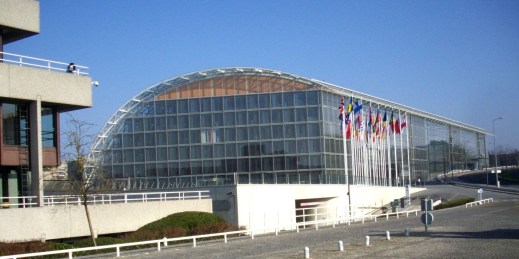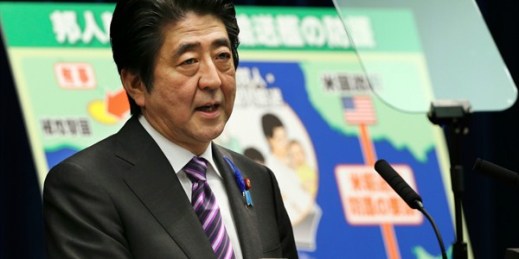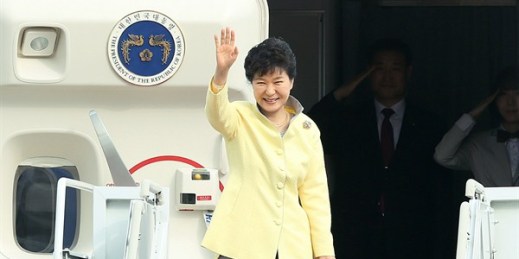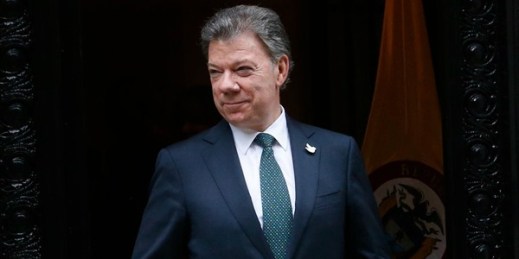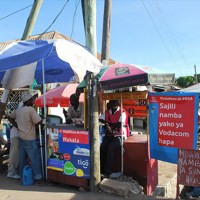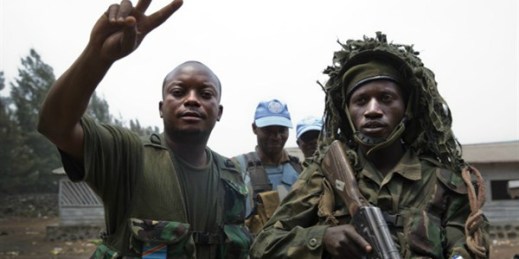
The Democratic Republic of Congo has changed. Five years ago, the country’s eastern provinces were entering a second decade of low-intensity violence marked by the proliferation of armed groups perpetrating atrocities that had enveloped the region since the collapse of the Zairian state in 1996-1997. The ineffective, grossly undersized United Nations peacekeeping mission struggled to keep track of the chaos around it, and diplomatic efforts to address the conflict had little impact. The national army, known as the Armed Forces of the Democratic Republic of Congo (FARDC), was useless at best and actively harmed the population at worst. When rebels […]

